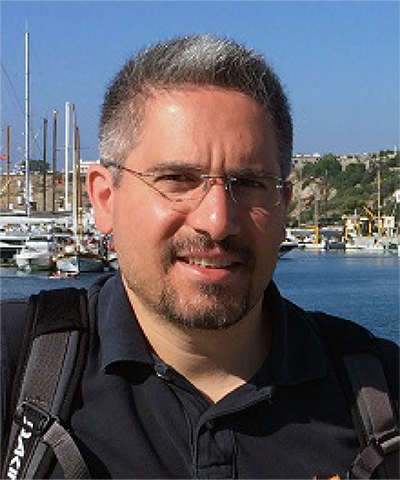By Bethany Augliere
Averaging just three pounds, the human brain is considered one of the most complex structures in the universe, controlling all functions of the body and interpreting information from the outside world. Analogies of the brain to supercomputers are common. Regardless of the similarities, neuroscientists are increasingly turning to mathematicians, statisticians, modelers and computer scientists to advance brain science.
“Since the creation of modern computers, researchers have tried to harness computational power to speed up scientific discovery,” said Ilyas Yildirim, Ph.D., an assistant professor in the department of chemistry and biochemistry, Charles E. Schmidt College of Science. That’s why FAU’s Stiles-Nicholson Brain Institute launched a new program in computational brain science and health, supported by the Palm Health Foundation (PHF) and its gift of $1 million. The gift will support the recruitment of an inaugural program director, support three graduate fellowships per year to advance training in computational neuroscience, and fund faculty pilot
research projects that can lead to multi-year, external funding. Yildirim recently received the first pilot award funded by the PHF. As a theoretical and computational biophysical chemist, his new pilot project will create a novel computational method to predict the 3D structures of RNA. “RNA molecules are produced by the DNA of our genomes to allow for protein production throughout our body, including the brain. Predicting how these molecules fold into complex structures remains a challenge”, Yildirim said. Using advanced computational approaches, his team aims to reveal the folding properties of RNA molecules associated with brain diseases, such as those that impact risk for dementia, Alzheimer’s disease, and Parkinson’s disease, among others.
This research offers the possibility of developing novel RNAtargeted medications to treat brain disorders. “Developing computational models that can reliably predict the structure of RNA will have far-reaching and profound effects on our ability to rapidly and accurately develop targeted pharmacotherapeutics for millions of Americans,” Yildirim said.





